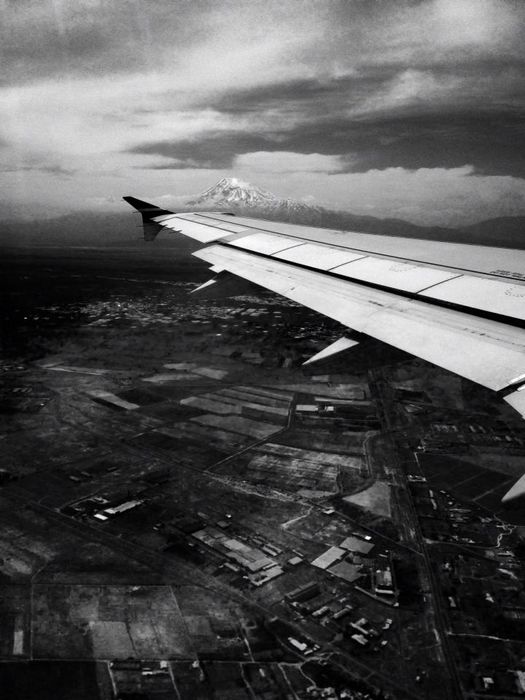I returned to Armenia as a U.S. Diplomat in 2014. But had I ever left?
The thing is, I was born in Yerevan, about ten kilometers from where the U.S. Embassy currently stands. After settling in the United States permanently in 1991, I came back to Armenia periodically to visit relatives. Then I met my wife, Astghik, and we were married in Yerevan; and we made a few more short trips back as a family with our children.
I began my career as a U.S. Diplomat in 2007 with postings in Tel Aviv and Moscow, then as a Special Assistant to Secretaries of State Hillary Clinton and John Kerry. Subsequently, when the possibility to serve as Deputy Chief of the Political/Economic Section at the U.S. Embassy in Yerevan presented itself, we thought it was a unique opportunity to return to Yerevan and support the effort of building ever-stronger ties between the United States and Armenia by serving as personal conduits in this process.
My posting in Yerevan has challenged me in a very personal way. As an Armenian-American, on most days I have had to navigate my several personas – the Ruben born in Soviet Armenia, the one raised in the U.S., the American diplomat, or the Diaspora Armenian.
Because of my hyphenated identity, I have felt a particular sense of responsibility to understand the political, social, and security-related events, trends, and realities in Armenia and the South Caucasus as fully as possible. I have sought to present my analysis to the leadership at the Embassy in Yerevan and the Department of State and White House in Washington, so that those formulating U.S. foreign policy towards Armenia and the region during these past three years could do so with as nuanced and complete a picture as possible. I have tried to unpack Armenia’s complex domestic political environment and key developments from the Constitutional Referendum in December 2015 to the Parliamentary Election in April 2017, the nuances of the Nagorno-Karabakh conflict as viewed from the Armenian perspective, and Armenia’s relations with its immediate neighbors and regional partners – Iran, Turkey, Russia, and China.


